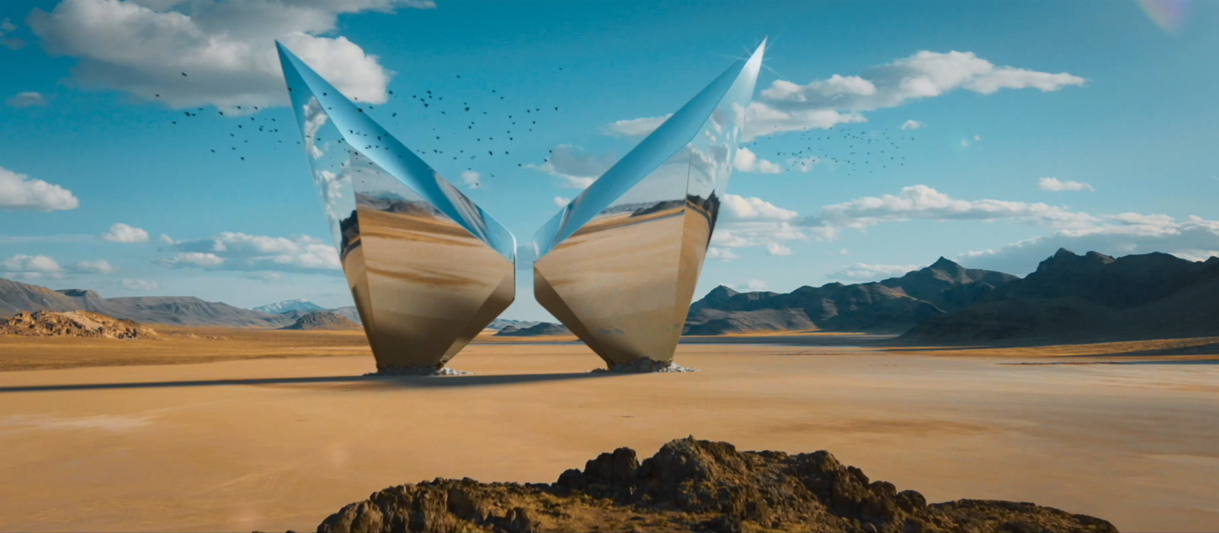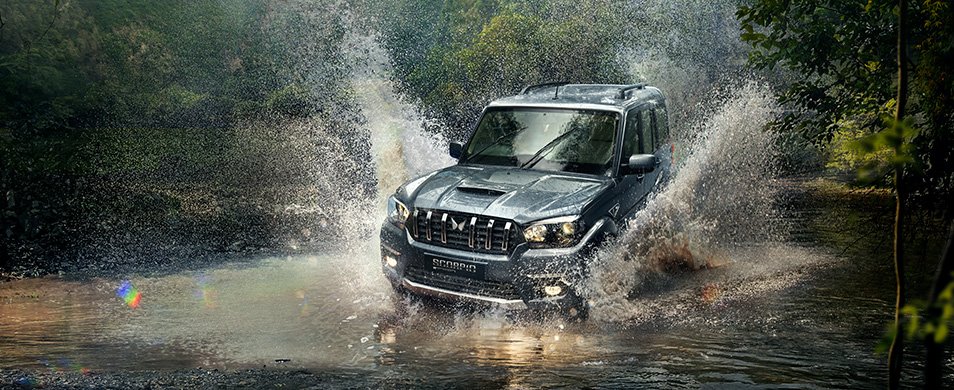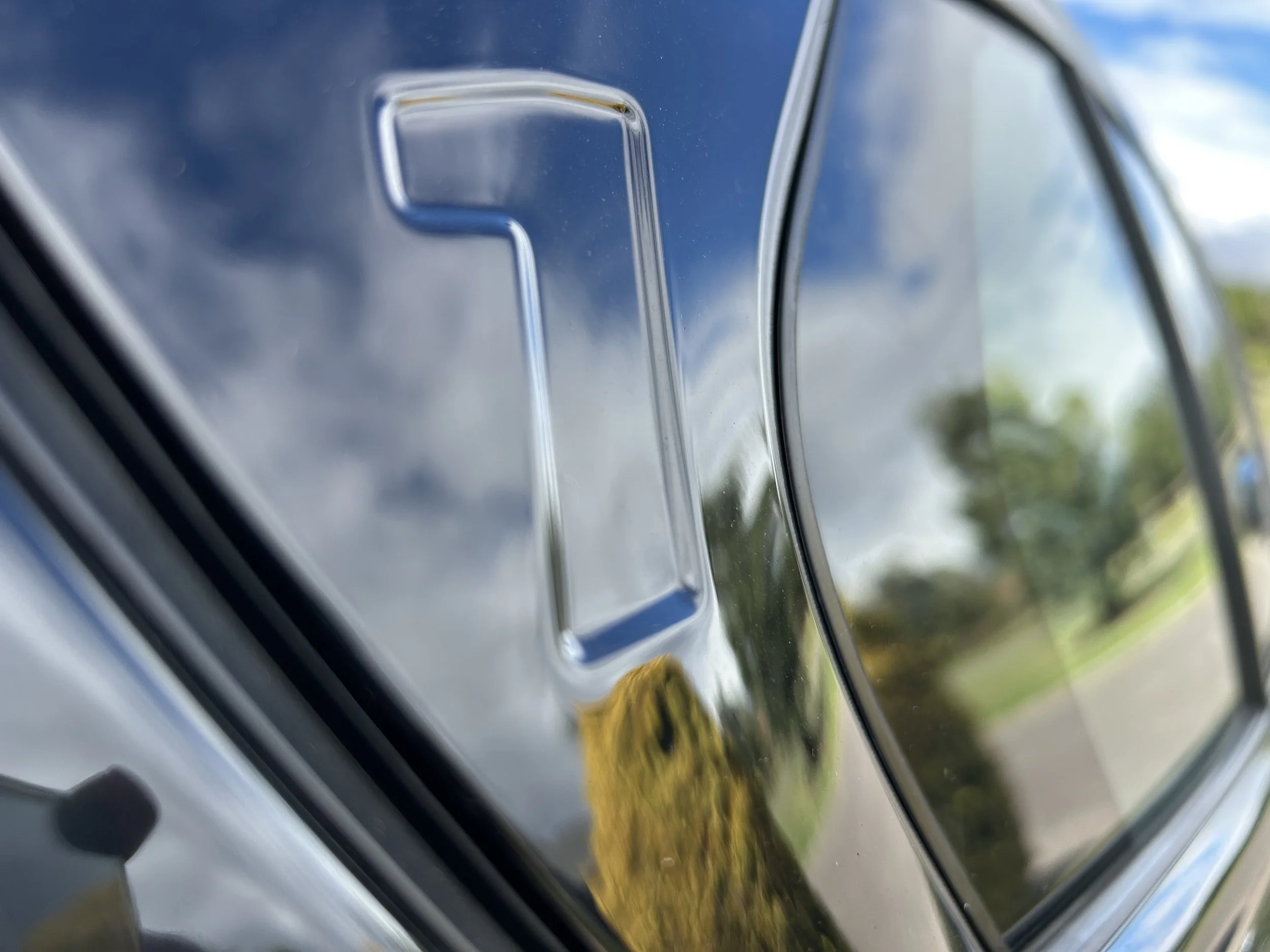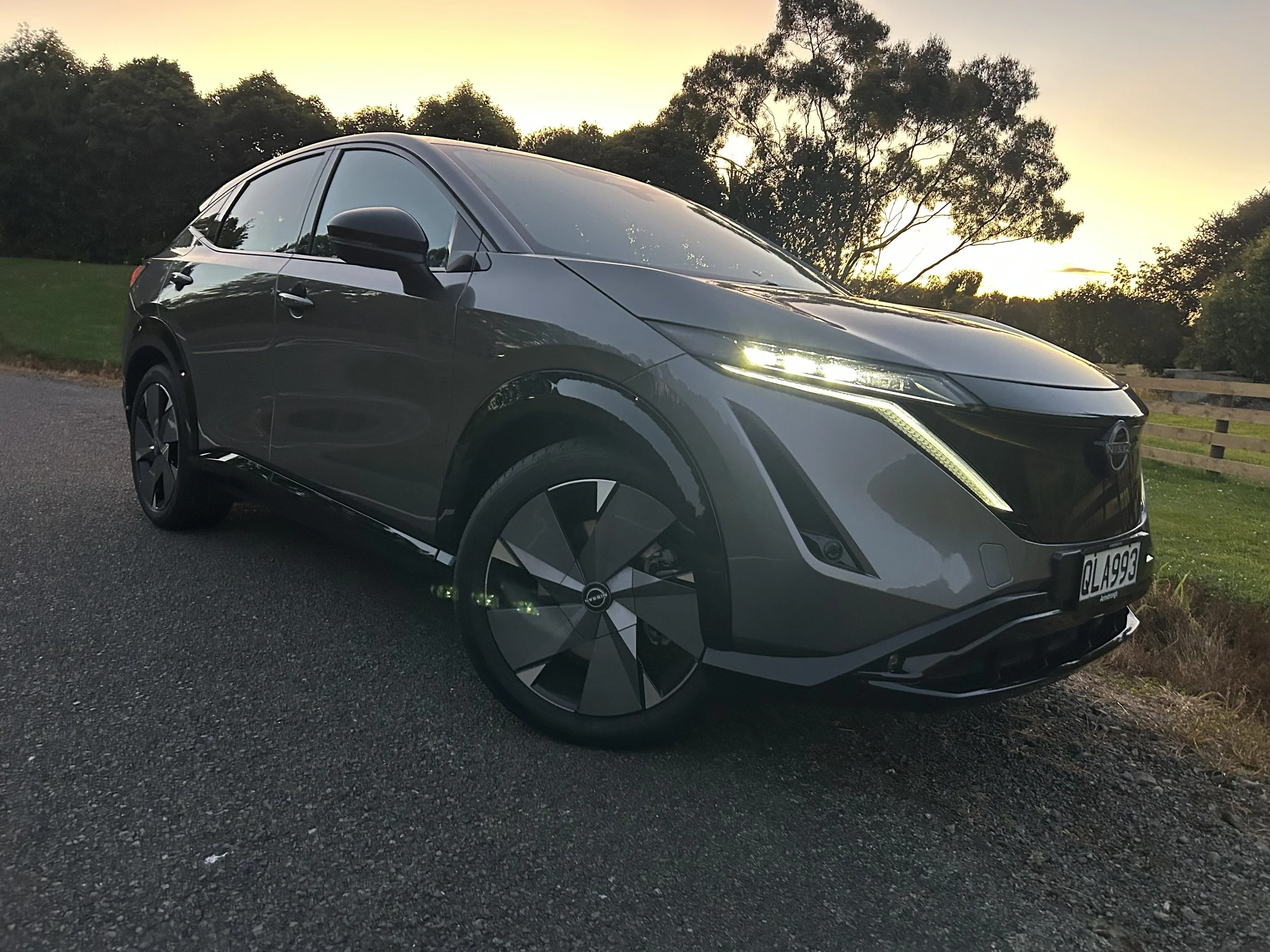Peak performance plan
/Mahindra resumes push in NZ with a fresh logo and a new car
ASPIRATION to be seen, if not yet then ultimately in the future, as a premium player has inspired a new branding for Mahindra – and it also ties to the India-based maker launching sports utility wagons it hopes will resonate with Kiwis.
That’s the reason for the new Twin Peaks logo, which represents as a pair of opposing rhomboids similar in shape but not mirror-imaged, in polished chrome.
The logo will attach to the XUV700 that is releasing here soon to lead a scale-up activity for the Mahindra-branded automotive effort, which kicked in four years ago with a farm ute but then was all but kyboshed by the coronavirus pandemic, plus a decision by the make to cease exports so it could concentrate on feeding home demand.
That situation has now reversed and Mahindra is moving forward again. It has resumed supply New Zealand, starting with the XUV700 and there is also intent to add the Scorpio-N.
They are similar-looking but separate sports utility wagons. The XUV700 is a monocoque-based SUV with an urban bias whereas Scorpio N (above) is a more rugged option underpinned by a ladder frame. But they do have plenty in common – seven-seat configuration, engines and gearboxes, plenty of features, and in India prices overlap too.
Scorpio-N takes over from a SUV popular on its home turf, simply called Scorpio. It’s reported Mahindra used the outgoing Ford Everest as a benchmark during development.
Ultimately, the new logo will appear on all new cars from the maker, full name Mahindra and Mahindra, and will display first on a new Auckland flagship showroom, opening next week.
According to Mahindra and Mahindra Ltd the new visual identity and the launch of the XUV700 are significant steps in its scale-up strategy for this market.
“The new identity will be communicated through a digital and television campaign showcasing the brand’s positioning as a maker of sophisticated and tough SUVs,” Mahindra and Mahindra Ltd says.
National dealerships will also move to a completely new design and colour palette, with charcoal as the primary colour and grey and red as accents, over the next six months.
While XUV700 will be handy starter, the Scorpio N could become the more important car.
Only recently revealed in India, the model is being offered with a 2.0-litre turbocharged mStallion petrol engine and a 2.2-litre mHawk turbocharged diesel. Both powerplants avail with a six-speed manual gearbox or a six-speed torque converter automatic transmission.
The petrol is expected to generate 112kW at 5000rpm, but torque figures between transmissions options are likely to vary, between 300 and 320Nm. The diesel is set to present in two states of tune, the lesser generating 97kW at 3750rpm and 300Nm of torque between 1600-2800rpm and the top edition making 131kW and 370Nm in the same rev zones.
There are four driving modes: Zip, Zap, Zoom and Custom.
Also featuring is a Sony music system with AdrenoX and Alexa Connectivity.
The styling shares cues from the make’s XUV700, but the grille is a new design and it takes dual-projector headlamps and C-shaped LED DRLs on both ends of the bumper. The rear section achieves Volvo-like signature LED taillights.
Steering-mounted controls, a digital instrument cluster, dual-zone climate control and and ventilated front row seats are offered. The six seat edition achieves captain’s chairs in the second row.
Electric cars are also in Mahindra’s plan. It has a partnering agreement with Volkswagen that will allow access to the German make’s MEB electric components as the basis of as upcoming Mahindra “Born Electric Platform."
According to information from the makes, the Born Electric Platform may be equipped with crucial MEB components like electric motors, battery system components and even battery cells. However, Mahindra will also develop as much in-house as possible and secure local production.
That apparently suits VW, which in turn is looking for a customer for its technology, and a bridgehead in the promising Indian market, which accounts for three million vehicles per year with a potential for five million per year by 2030.
The MEB electric platform has been designed as an open vehicle platform for a wide range of vehicles. It's already used by multiple brands within the Volkswagen Group (Volkswagen, Audi, Skoda and SEAT/Cupra) and the Ford Explorer, announced today.



















